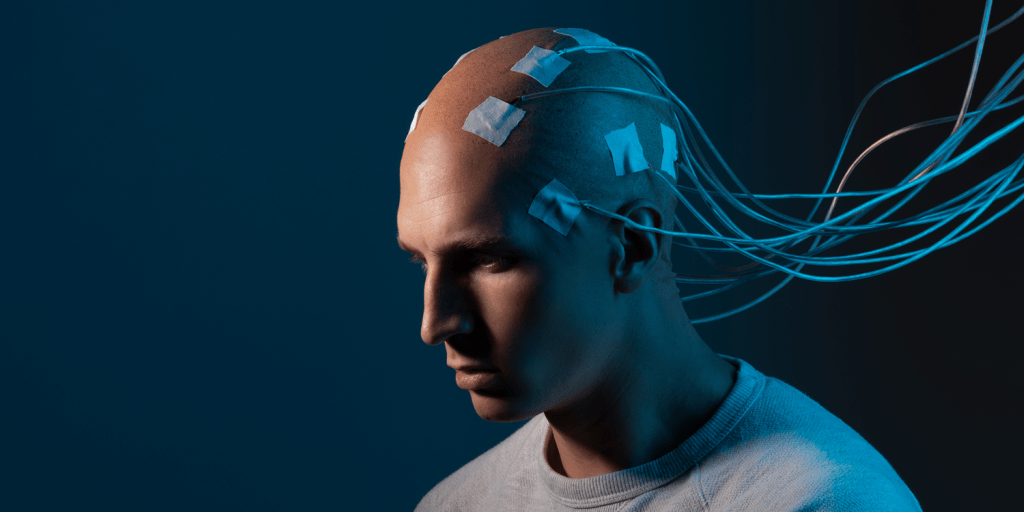
Brain-Computer Interfaces
As technology continues to advance, one cutting-edge area focuses on brain-computer interfaces, or BCI (The Conversation, December 2, 2022). This new technology has many applications from the biomedical field to defense arenas. However, ethicists fear the technology is rushing forward while crucial ethical questions remain unanswered.
Medical science is seeking to develop BCI that will assist people with brain injuries to lead fuller lives. Others seek to extend human abilities into new areas. Elon Musk’s Neuralink company is developing a brain implant that will allow people to communicate silently with anyone possessing a similar implant. Similarly, DARPA—the U.S. military’s Defense Advanced Research Projects Agency—is developing the technology to enable soldiers to communicate with each other without speaking. Other applications could include operating military equipment and weaponry just by thinking about them. Some researchers hypothesize that some type of device could be embedded in a person’s brain to suppress fear and worry, with the potential to alter how soldiers process and evaluate the morality of a decision or command.
While the advances made possible through this cutting-edge technology are exciting to some, ethicists fear that they could also be used for evil purposes. God anciently confused the languages of humanity to slow our ability to develop anything we could imagine, unrestrained by godly morality. But science is now a global enterprise, and language is rarely a barrier. Increasingly, it seems that “nothing that they propose to do will be withheld from them” (Genesis 11:6), as God warned would be the case. It remains to be seen how much longer He will allow mankind to “progress” before Jesus Christ returns to set up a new God-centered society. To learn more about this exciting yet sobering future, be sure to read or listen to Armageddon and Beyond.



